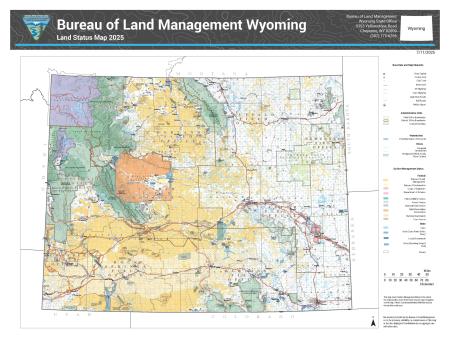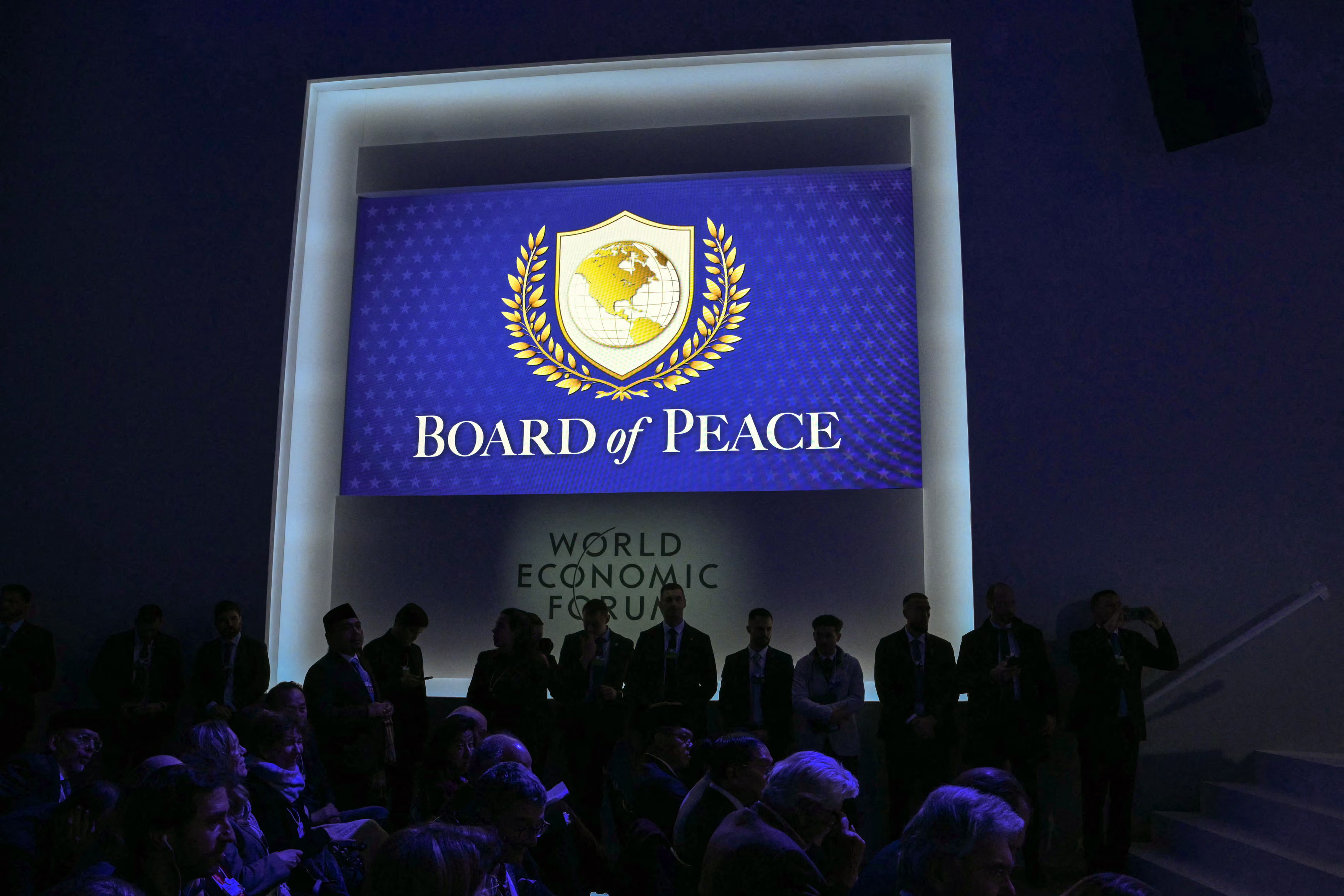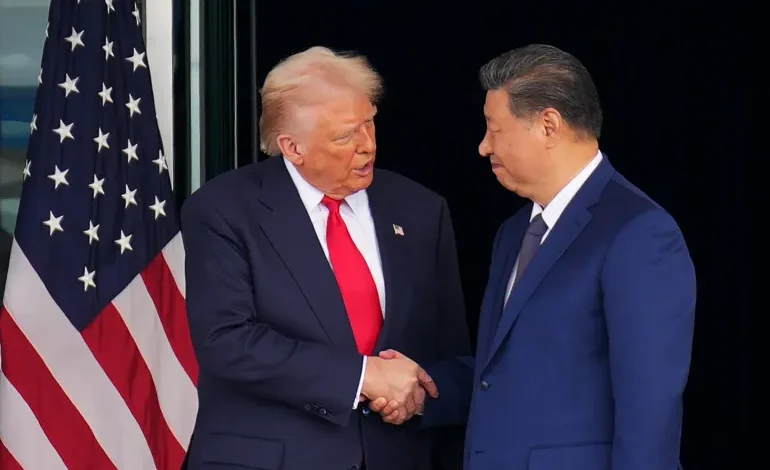After years of on-and-off trade battles, US President Donald Trump and Chinese President Xi Jinping have finally agreed to step back from the brink, at least for now.
Meeting on the sidelines of the Asia-Pacific Economic Cooperation (APEC) summit in South Korea, the two leaders announced a temporary deal to lower US tariffs and suspend Chinese export controls on rare earth minerals, a critical component in everything from smartphones to fighter jets.
Trump, characteristically upbeat, called it an “amazing meeting” and said both sides had made “outstanding groups of decisions.” The one-year agreement, he added, would be formally signed “pretty soon.”
Xi, speaking more cautiously through China’s state media, said negotiators had reached “consensus on solutions to problems,” and urged both sides to focus on the “long-term benefits brought by cooperation rather than falling into a vicious cycle of retaliation.”
Under the terms of the truce, China will halt its planned restrictions on rare earth exports, a move that had alarmed global manufacturers, while the US will drop a threatened 100 percent tariff on Chinese goods.
“Rare earth minerals will hopefully disappear from our vocabulary for a little while,” Trump said aboard Air Force One after leaving Seoul.
The temporary calm in the trade war also extends to fentanyl, the synthetic opioid that has strained relations between Washington and Beijing. Trump announced a reduction in the fentanyl-related tariff from 20 to 10 percent after Xi agreed to “work very hard” to stem the flow of the drug into the United States.
“I believe he is going to work very hard to stop the death that is coming in,” Trump said.
While most tariffs will remain intact, the deal offers at least a symbolic reset. The average US tariff on Chinese goods still stands at about 47 percent, compared to China’s 32 percent on US products.
For Beijing, the rare earths concession is less about minerals and more about positioning, using a near-monopoly on the world’s supply of critical metals as bargaining power.
For Washington, it’s a chance to claim a diplomatic win in a week where economic anxiety, tariffs, and the fentanyl crisis have dominated headlines.
Trump left South Korea saying China would buy “tremendous amounts” of soybeans and other agricultural goods, an echo of his 2019 trade promises.










The latest news in your social feeds
Subscribe to our social media platforms to stay tuned